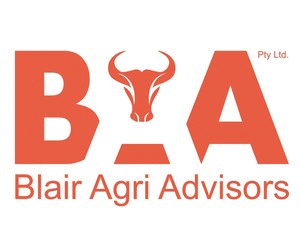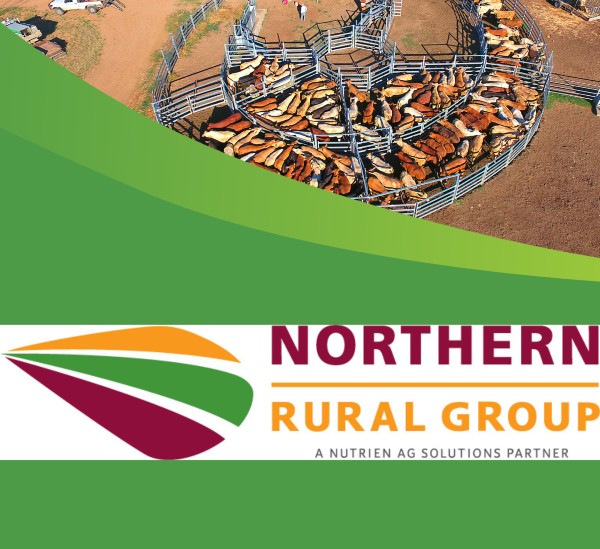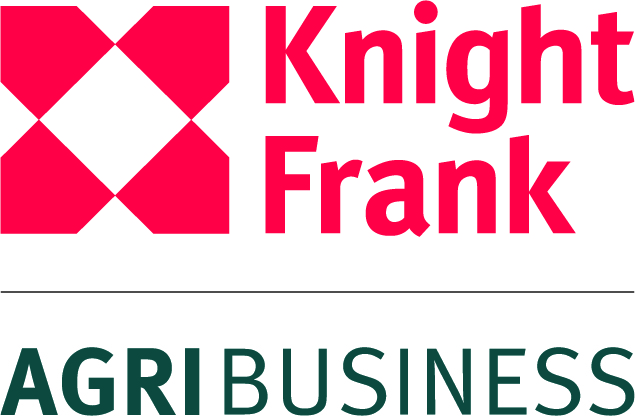Family Business Concession
Concession has been the subject of law reform

THE CONCESSION THAT KEEPS ON GIVING!
The Duties Act 2001 (Qld) is not all dire, providing for some exemptions and concessions to the payment of duty. The Family Business Concession, for example, can reduce or eliminate the duty payable on a transfer of property, where it involves a prescribed family business and certain family members. In recent times, this Concession has been the subject of law reform (the good type!) and not once, but twice. It may just be the concession that keeps on giving!
The Family Business Concession applies to certain business types and in particular primary production. Primary production refers to the business of agriculture, pasturage and dairy farming. Through this Concession, the owner of property used for primary production (or residential property incidental to this) may transfer the property to certain family members to carry on the primary production, saving stamp duty costs.
What has changed?
Prior to 12 June 2014, this Concession was only available if the property was transferred to an “ancestor” of the owner. In this regard, the property could only be transferred to a child or grandchild.
From 12 June 2014, “ancestor” was substituted with “defined relative”. This new term has a far greater reach than its precursor. The owner of property used for primary production can still transfer to a child or grandchild, but in addition, may also transfer to their spouse or grandparent, parent, brother, sister, uncle, aunt, nephew or niece and any in-law of the aforementioned.
Prior to 1 July 2016, the Concession was only available to the extent the transfer of property was by way of “gift”. If you did not meet the gift provisions you would still pay stamp duty on the transfer.
From 1 July 2016, the requirement for the transfer to be by way of “gift” has been removed.
On a practical level, these changes enable more primary producers to put into effect during their lifetime, their wish for a family member to take over the primary production. The benefits of participating in succession planning include:
• to allow business knowledge transfer to the successor and any necessary training;
• to encourage and motivate the successor and make them comfortable with their career progression; and
• to prepare the business for the change in ownership and in particular reaching stability in leadership.
Consider the following Example:
Under his will, a father gifts the whole of his estate to his two sons, in equal shares. Included in his estate is a cattle property, which is the family’s primary production business. Initially, both sons run the cattle property. In subsequent years, one son finds the courage to pursue his life-long dream of becoming a lawyer in the city. Not having any children of his own, and wanting to keep the primary production business within the family, he transfers his share of the cattle property to his nephew and asks for in return, the nominal amount of $10,000 to pay for his first year’s tuition of law school. The nephew is encouraged to progress the family’s primary production business on the basis of his share in ownership. With the changes to the Duties Act, the transfer of the one half of the property can now occur without attracting stamp duty.
Emanate encourages primary producers to consider and take advantage of the more flexible succession planning that is now available to them. To discuss the impact of the changes to the Family Business Concession on you, please contact Emanate Legal for an initial.
Obligation free discussion on (07) 4727 0100.















